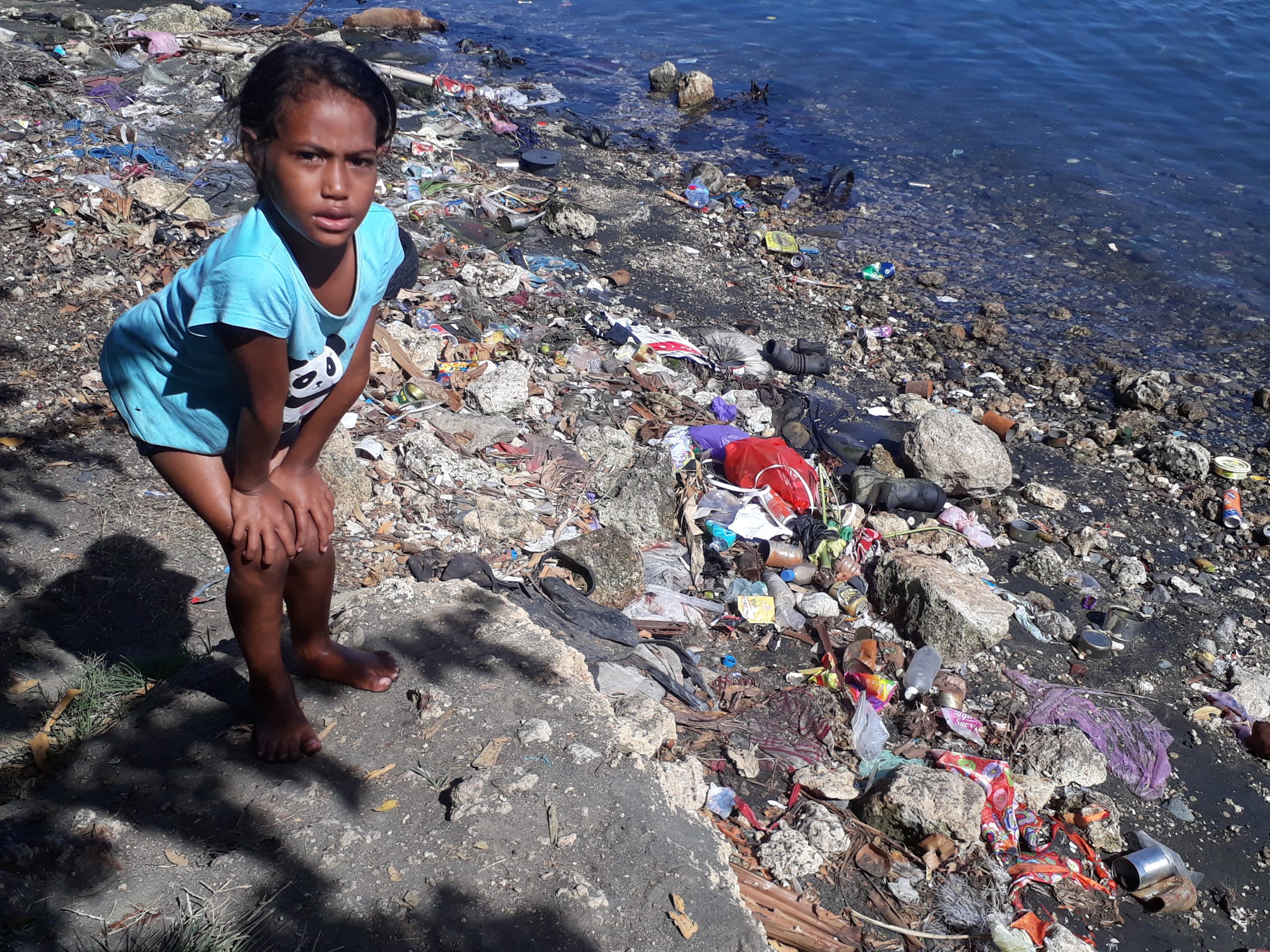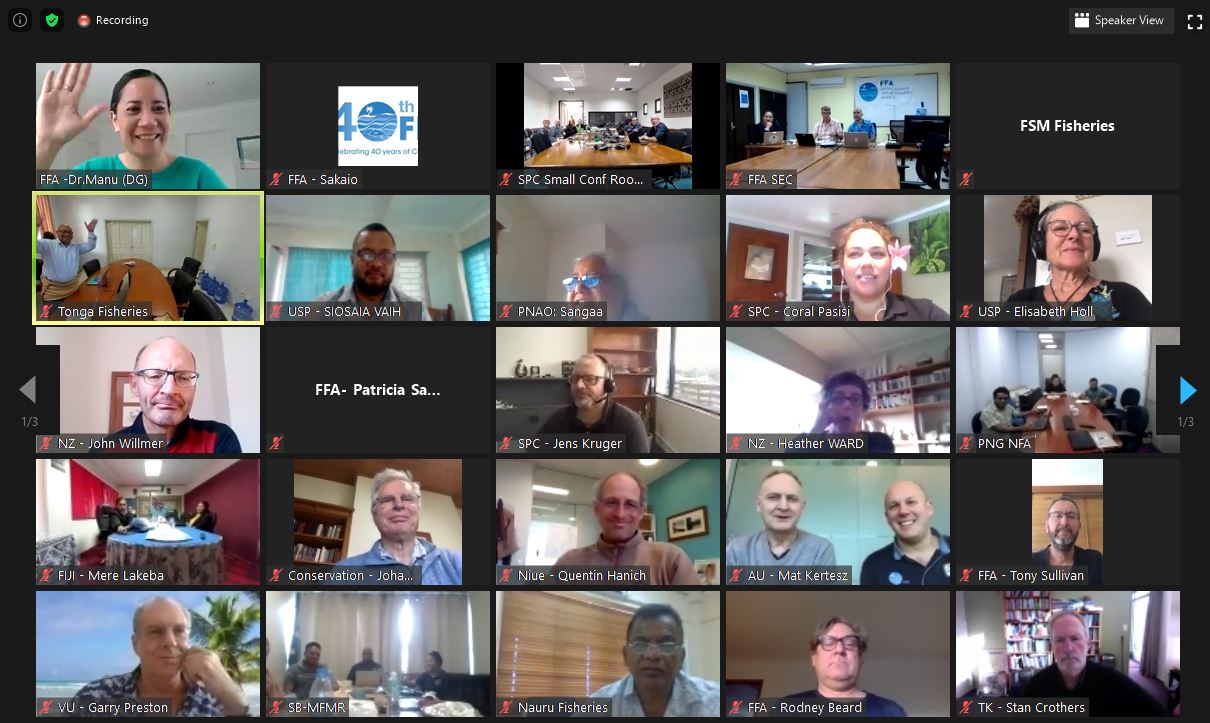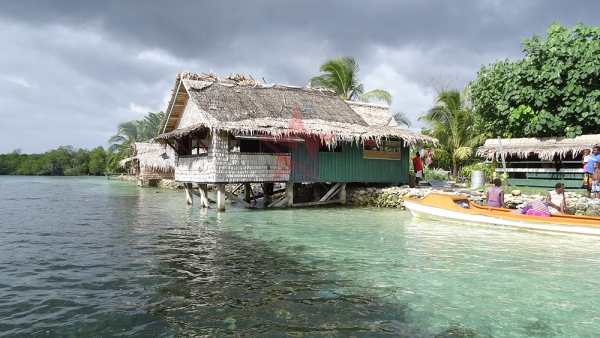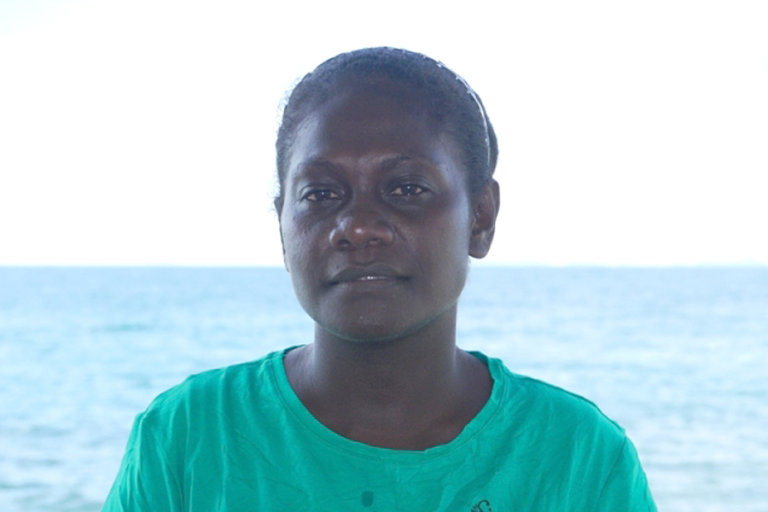
Women in Solomon Islands are caught between their traditional social responsibilities as the increasing impact of climate change erodes heavily upon them.
Ms Clementine Vuisi, from a small village called Panarui, South Choiseul, Choiseul Province, said food security has been a huge concern as constitute staple diet is now gone, replaced with introduced root crops or imported foods.
“Taro was once our staple food but now things have changed, and in recent years we relied on potatoes or cassava; but things have vastly changed as we have now been introduced to rice and mixed food produce,” Ms Vuisi said.
She said sea level rise is visible and now gardening grounds and fishing grounds have drastically evolved forcing people to adapt to different lifestyles over the past years.
Ms Vuisi said suitable gardening sites have been inundated by salt water running their food production to a whole new low.
She said women in her community have tried backyard gardening but food production remains low, forcing them to make gardens further inland in hope for more fertile soil.
“We are now shifting our gardening sites higher up in the mountains, but this new life demands more energy-consumption in bringing food home.
“We now search farther out to sea to find sea foods (edible mud shells) as breeding grounds have sunk further under water forcing these easy-to-get-food to migrate further into deeper waters.”
With very little or no direct funding at all from the government, donor partners have stepped into played a vital role in assisting their vulnerable communities.
Ms Vuisi said the government has a different agenda and very little attention is turned to communities like hers.
“It is our wish for the government to establish a fund that is channelled directly to women in affected communities.
“Technical expertise must be rendered directly so that we can be able to mitigate and adapt to the challenges.”
She said climate change is a global phenomenon and lacking proper strategies will put women’s lives at risk.
Ms Vuisi said women in Solomon Islands will have to face harder tasks, dig deep and use more strength to have food on the table for their families.
She predicted that poor women will live a life full of responsibility and stress if the government fails to recognise the struggle of rural Solomon Islands women.
Ms Vuisi graduated in 2005 with a Certificate on Tropical Agriculture and now lives with her people in Panarui village.
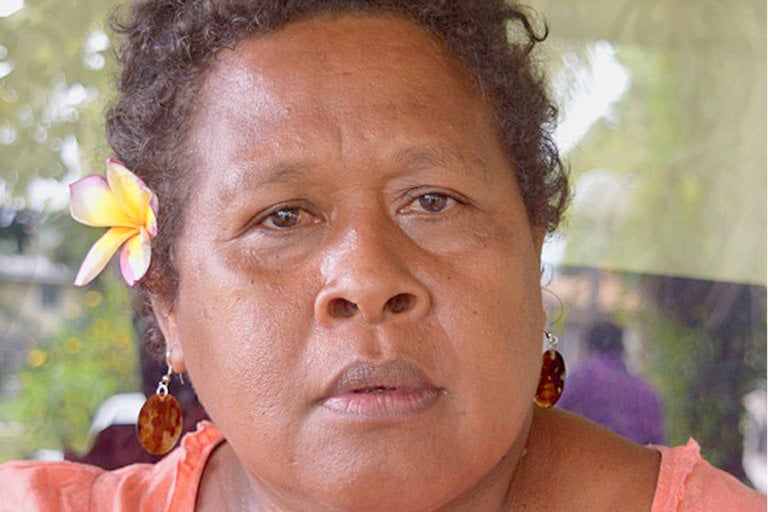
President of Isabel Council of Women Mrs Judy Tabiru shared similar sentiment saying that climate change affects women in Isabel Province both socially and financially.
She said the changing climate has pushed women beyond their comfort zones in terms of gathering food and looking for produce to sell in the markets.
“Cash crops that women depend on to source small income for their families have gone.
“Drought, flooding, heavy rainfall and sea level rise due to the changing weather patterns have robbed us of a comfortable subsistence living,” Mrs Tabiru said.
She adds that new pests and diseases have also emerged, destroying root crops leaving illiterate women in rural communities with no options and solutions.
According to Mrs Tabiru, normal diets have changed from traditional food to modern food with the introduction of rice and meat.
She said Isabel women depend very much on action oriented activities.
This however, requires the government to establish programmes to initially assist women.
Mrs Tabiru said there is no specific programme the government has put in place to assist women in her province.
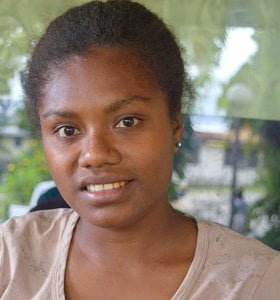
province
Women in Makira province also shared similar issues, Mrs Sandrose Tangi of Makira province said food season and production has sadly changed due to climate change.
She said gardens are not able to produce sufficient food for families.
“Before, small gardens can feed us up to four months, but now a garden that size can only feed us for a month.
“This is because the crops yielding are poor,” Mrs Tangi said.
She also said pest and diseases as well as salt intrusion have been affecting food production and suitable gardening areas.
Mrs Tangi said there is paramount need for the government to facilitate food resilience programmes on affected communities in efforts to find root crops adaptable to climate change.
She said the government through the Ministry of Agriculture should provide trainings in areas of soil preparation, land use and basic root crop farming.
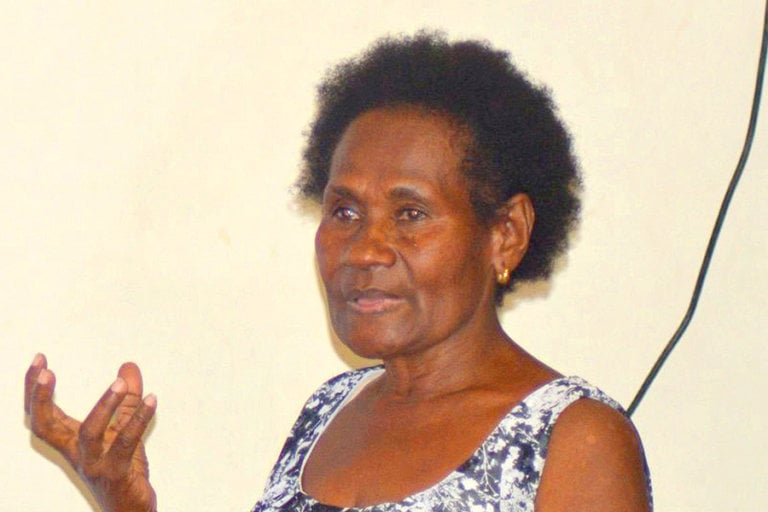
Mrs Emily Pengalo of Temotu Province said climate change has brought in three new challenges namely, water shortage, low food production and change in seasonal fruit periods.
She said some communities depend on wells to collect water, but now salt intrusion caused by sea level rise has contaminated communities’ water sources forcing women in some of the communities to walk or paddle several kilometres from their villages to collect fresh water.
Mrs Pengalo adds that most women have felt the pinch of low food production.
“We are experiencing something different when we plant crops in our gardens. At times crops we plant die from the sun’s heat and when it comes to harvesting, food collected are clearly insufficient compared to 10 years ago,” she said.
Mrs Pengalo said women in her community have lost their traditional way of gathering fruits as seasons for fruit trees to bear fruits have changed.
“We survive on breadfruit, coconut and banana. We have a traditional way of preparing the breadfruit meat to stay longer or to be rationed during cyclones. We call this extracted dried breadfruit “nambo” and people can keep or eat for at least a year or longer, now this practice is slowly dying out,” she said.
Mrs Pengalo said the government needs to establish community resilience efforts to carryout annual assessments on existing and new challenges with accompanying applicable strategies.
She adds that there is a need to strengthen links between the government and provincial government.
It is a normal practice in Solomon Islands that women play a vital role in mapping out plans on how families can be fed on a daily basis.
Women are the ones with excess obligations to feed their families especially in the rural setting, these roles include ploughing gardens, planting, food gathering, food preparation and also choosing suitable land for gardening.
Though men share some of the responsibilities, women are often at the forefront of preparing food for the household each day.
Now, food preparation becomes a challenge for women everyday with new challenges slowly developing due to climate change.
The impact of climate change is slowly ripping low-lying islands, taking ownership of land and properties bit by bit in parts of the country.
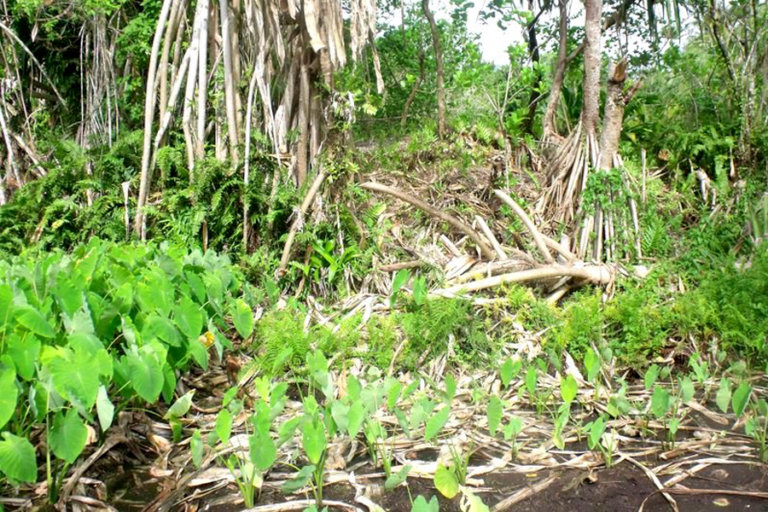
Coastal erosion, abnormal weather patterns and saltwater intrusion continues to threaten the socio-economic development of Solomon Islands.
With limited knowledge many people are oblivious of the impacts of climate change and now face the future with sad uncertainty.
The impacts of climate change in Solomon Islands cannot be denied compared to Australia, New Zealand and other European Countries.
The need to heed on the Pacific communities knowledge and voice on climate change is significant to engage communities in the adaptation process.
In many parts of Solomon Islands, there are testimonies where we see and hear women forced to improvise new methods of gardening as adaptation to climate change.
Most women that I interviewed shared similar experiences on how climate change has affected women in their communities.
Access to water is also becoming a challenge for these women.
Former national coordinator of Pacific Adaptation to Climate Change (PACC) Project Mr Casper Supa said climate change has separated gender ways and differences in their roles as carers, providers and users of climate change, weather knowledge and information.
He said women in rural communities play significant roles in maintaining food security as well as feeding their families.
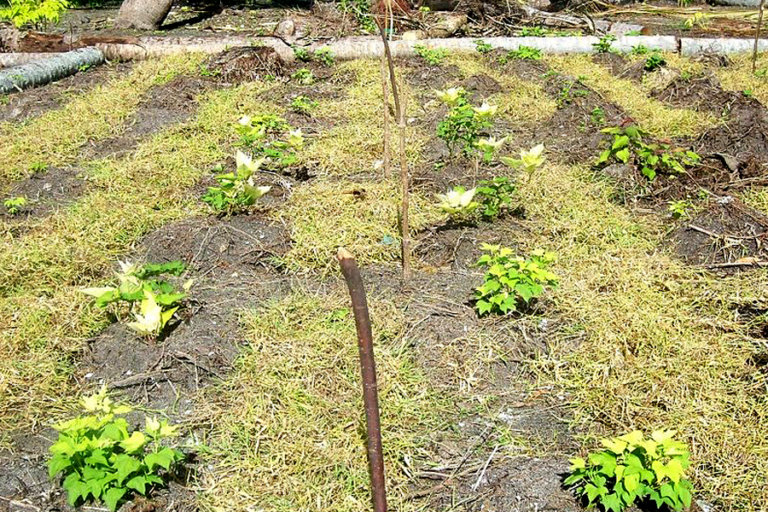
“I perceive their respective roles and responsibilities need to be well understood to ensure that they benefit equally from new farming techniques and best agriculture practices.
“Women are often responsible for most of the agricultural activities and other tasks around the household.
“It was also found that, with changing conditions, they have to walk further to find increasingly scarce food, fuel and clean water,” Mr Supa said.
He said women must be informed on readily available resources to increase their understanding about the impacts of climate change, more importantly women must be trained on identifying farming practices, introduced to new resilient crops that can withstand climate risk and poor soils environment and changing conditions.
The then Project Coordinator of Strongem Woka Lon Communiti Kakai (SWoCK) Project, Ms Christina Fidali said climate change has put a spotlight on the vulnerability, unsustainability and social inequity of agriculture and food security production in Solomon Islands.
She said farmers are trying to cope the unavoidable climate change impacts by enhancing their resilience; however required policy support to empower farmers to secure future remains paramount.
Ms Fidali said agriculture, human settlements, water and sanitation, and health are priority vulnerable sectors requiring urgent support from the government to enhance resilience against the predicted impacts of climate change.
The SWoCK project is funded through the Adaptation Fund and implemented by UNDP and executed by the Ministry of Agriculture and Livestock and the Ministry of Environment, Climate Change, Disaster Management and Meteorology of the Solomon Islands.
The project is in Choiseul, Makira, Malaita and Guadalcanal provinces promoting adaptation programmes for high risk communities.
Minister of Environment, Climate Change, Disaster Management and Meteorology Mr Samuel Manetoali said Solomon Islands is contributing very little to factors that cause climate change but the effects on the tiny country has been exacerbated with overall adaptive capacity being low-medium.
Mr Manetoali said most communities lack adaptive capacity skills to reduce vulnerability with low- lying communities exposed to natural hazards.
He said Solomon Islands has very limited capacity and resources to fully address the effect of climate change; however the government is obligated to reduce the amount of greenhouse gases emitted into the atmosphere.
“Most adaptive and mitigation activities are funded projects. Given our limited capacity, we must call on the developed countries to take leadership and developing states will follow suit.
“It is not a one-off effort but a long process that involves national government and its people with the assistance of the global community.
“Adaptation and mitigation are the only options left for Solomon Islands, thus collective efforts of the nation will minimise the risk,” he said.
Mr Manetoali said the increasing population, water scarcity, sea-level rise, salt-water intrusion adds to aggressive high winds, coastal erosion, drought, extreme rainfall and tropical cyclones pose risk to housing and public spaces along the shore forcing people to move further inland.
He said Solomon Islands is a party to the United Nation Framework Convention on Climate Change (UNFCCC) and its Kyoto Protocols is obligated to deal with the causes of climate change and ensure a safer world after the Paris Agreement.
Mr Manetoali said the government is serious about climate change putting in policies and strategies that assist and guide the government and its stakeholders to deal with the pressing issue.
He said Solomon Islands Government has endorsed a National Development Strategy, a National Climate Change Policy, a National Disaster Risk Management Plan, and a National Energy Policy as part of its action.
Mr Manetoali said the legislations are pillars of the government’s mitigation and adaptation programmes to ensure the environment is sustainable for people to live in.
The Solomon Islands is a nation of hundreds of islands in the South Pacific with a population of more than 600,000 people.
More than 80 percent of the total population are living in rural areas.


